Mr. Poncho

NO DEAL
EPISODE SUMMARY
🕓 Air Date: October 20, 2009
Asking For:
$50,000 for 25%
Investor:
No Deal
Deal:
No Deal
PRODUCT SUMMARY
Mr. Poncho offers a solution to tangled headphone cords with a protective sleeve that includes a rubber part for wrapping and unwrapping headphones easily and safely.
WATCH HERE
IN A RUSH?
Click these to jump to the section you want to read.
Background Story
Mr. Poncho was founded by Sandy Hyun and Roman Pietrs, a creative couple based in New York City. Sandy, with a background in jewelry design, and Roman, a graphic designer and musician, combined their artistic talents and entrepreneurial spirit to address a common frustration: tangled headphone cords. The idea for Mr. Poncho was born out of Sandy’s personal need for a practical solution to this everyday problem. Sandy had been designing jewelry for five years, honing her skills in creating functional yet aesthetically pleasing items.
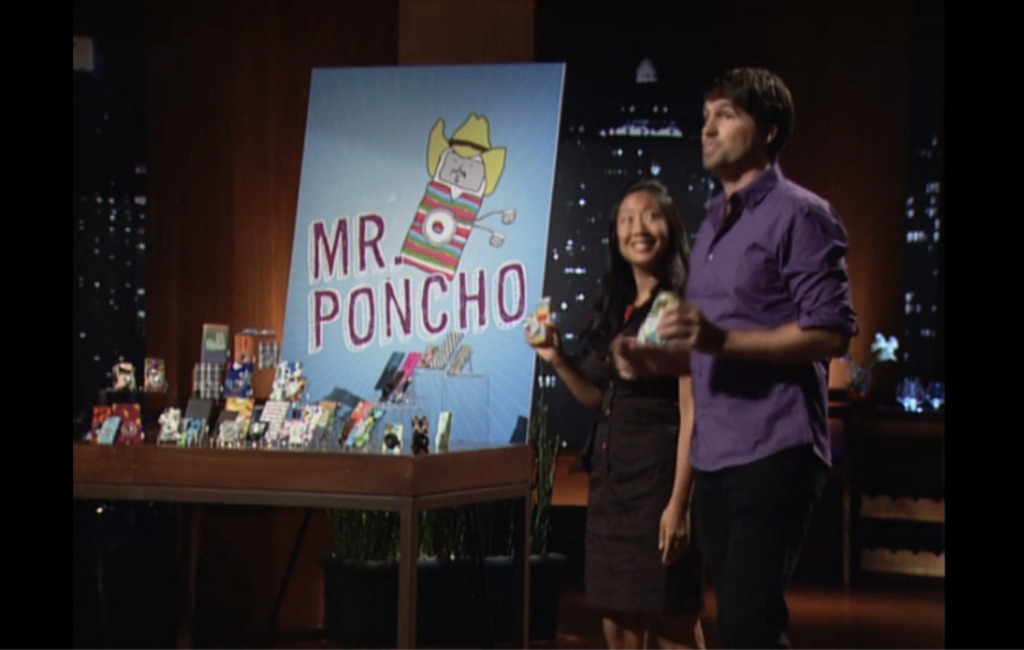
Roman, equally passionate about design, saw the potential in Sandy’s idea and enthusiastically joined the project. Their shared vision was to create a product that not only solved the issue of tangled cords but also added a touch of fun and style to everyday tech accessories. Operating out of their apartment in New York City, Sandy and Roman dedicated countless hours to developing Mr. Poncho. Their design journey involved numerous prototypes and iterations, leveraging Sandy’s eye for detail and Roman’s design expertise.

The result was a unique protective sleeve for MP3 players and smartphones, featuring a rubber part that allowed users to easily wrap and unwrap their headphones. Despite the challenges of working from a small space, the couple found joy in the creative process and the potential impact of their product. Their hard work paid off, as they successfully handcrafted and sold over 5,000 units, demonstrating both market demand and the effectiveness of their design. Sandy and Roman’s dedication to Mr. Poncho reflects their commitment to solving real-world problems through innovative, user-friendly solutions.
The Product
Mr. Poncho is an innovative accessory designed to keep headphone cords untangled and devices protected. The product consists of a stylish, protective sleeve for MP3 players or smartphones, integrated with a unique rubber component. This rubber part can be popped out, allowing users to wrap and unwrap their headphone cords with ease. The simplicity of the design ensures that cords remain neatly organized, preventing the frustration and damage that often come with tangled wires.
One of the key benefits of Mr. Poncho is its dual functionality. It not only secures headphone cords but also serves as a protective case for devices, adding an extra layer of durability. Made from high-quality materials, the product is designed to withstand daily wear and tear, ensuring longevity and reliable performance. Its user-friendly design makes it suitable for a wide range of customers, from tech enthusiasts to casual users looking for practical solutions to everyday problems.
Mr. Poncho is available for purchase online, directly through the company’s website. Priced at $18, it offers an affordable and effective solution to tangled headphone cords. The product comes in various colors and designs, catering to different personal styles and preferences. Each Mr. Poncho unit is handcrafted by the founders, ensuring attention to detail and quality. With over 5,000 units sold, Mr. Poncho has garnered positive feedback for its innovative approach to tech organization and protection.
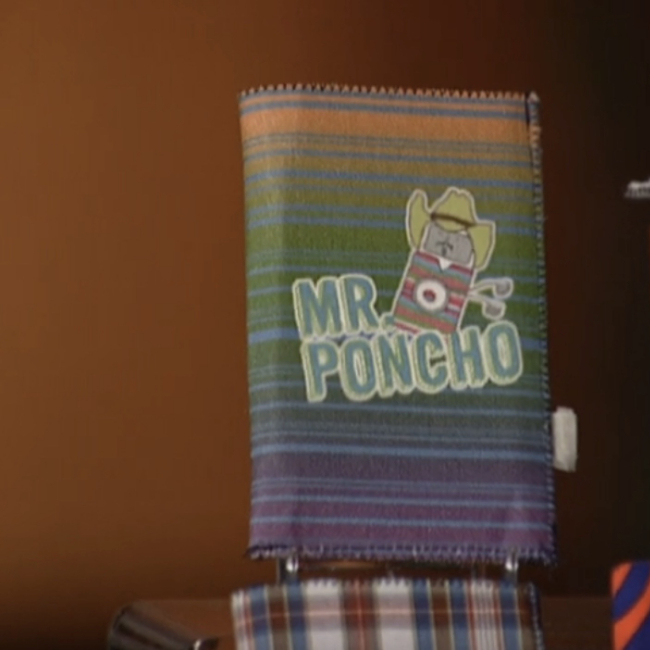
How It Went
The company’s position before Shark Tank
Mr. Poncho, founded by Sandy Hyun and Roman Pietrs, has demonstrated a promising start since its inception. In its first year, the company grossed $11,000, followed by a substantial increase to $35,000 in gross profits during its second year. This growth indicates a positive market response and a demand for the product. Despite these encouraging figures, Mr. Poncho remains a small, home-based business, with all products handcrafted by the founders in their New York City apartment. Currently, Mr. Poncho operates without external partners or wholesalers.
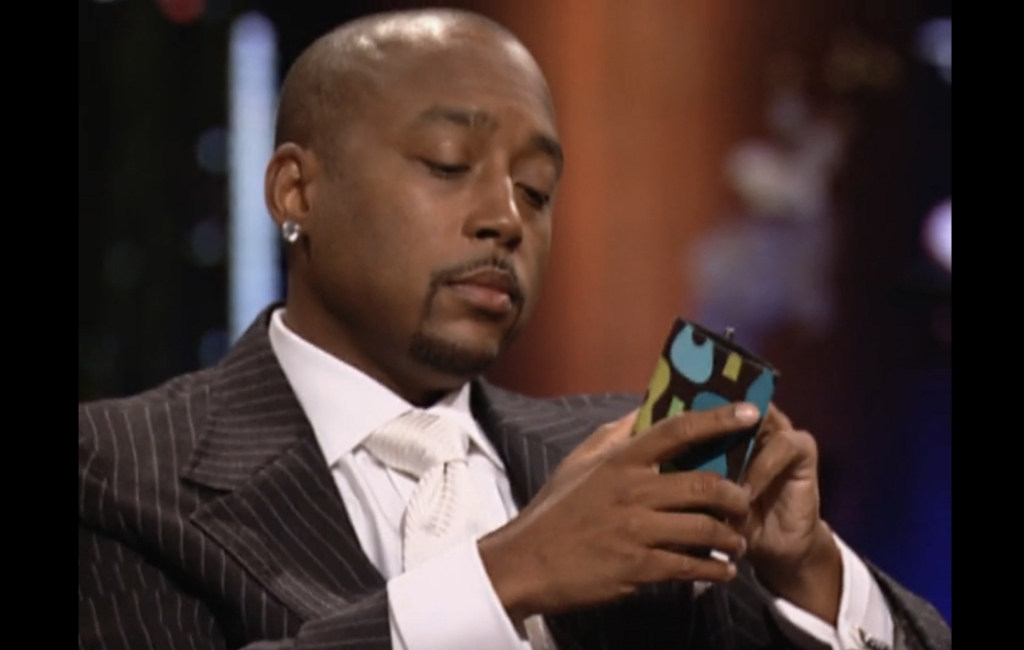
The company relies on direct-to-consumer sales through its online platform. Their primary customer base consists of tech-savvy individuals and gadget enthusiasts who value both functionality and style in their accessories. This niche market has responded well to the unique offering of Mr. Poncho, appreciating the combination of practical design and aesthetic appeal. Funding for Mr. Poncho has been primarily bootstrap-based, with Sandy and Roman investing their personal savings into the business. This self-funding approach has allowed them to maintain full control over their operations and product development. However, it also means they operate with limited capital, which poses challenges for scaling production and expanding their market reach.
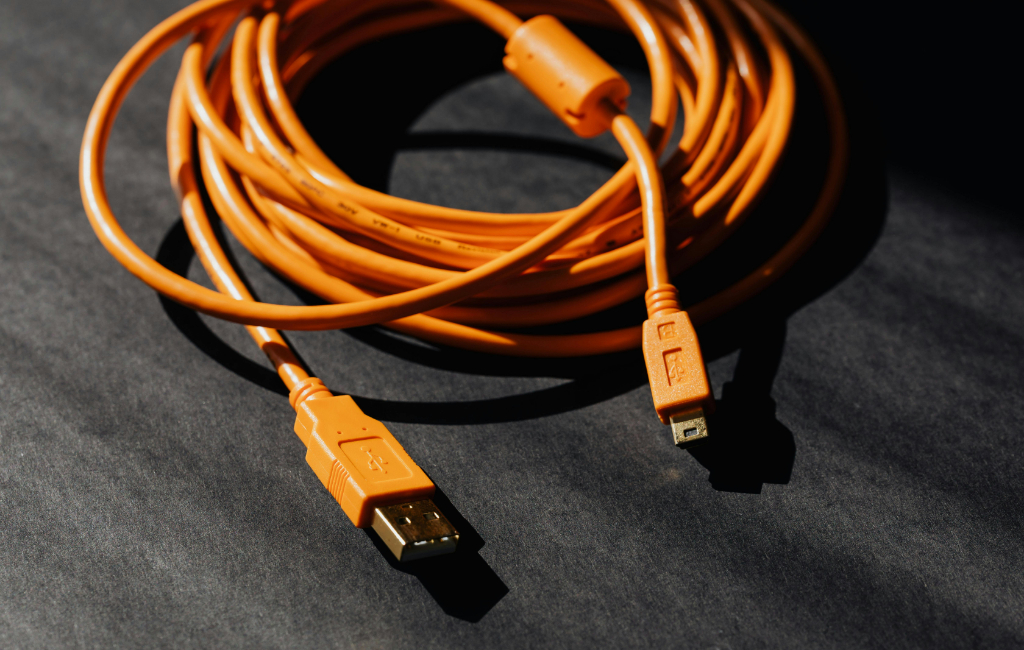
Regarding financial health, while the company has seen steady revenue growth, profitability remains a challenge. The costs associated with handmade production and materials have kept profit margins tight. With each unit costing $3 to make and selling for $18, the margins are promising, but labor costs are not yet factored in, as the founders currently do all the work themselves without drawing a salary. The company structure is straightforward, with Sandy handling the design and production aspects, leveraging her jewelry design background, while Roman focuses on graphic design, marketing, and customer relations. This division of labor has worked well for their small-scale operations but will need to be reevaluated as they consider scaling up.
The Negotiations:
During the negotiation process on Shark Tank, Sandy Hyun and Roman Pietrs sought a $50,000 investment for a 25% equity stake in their company, Mr. Poncho. While they showcased their innovative product and demonstrated some early success, the sharks expressed concerns about the company’s scalability, lack of manufacturing information, and absence of a patent.
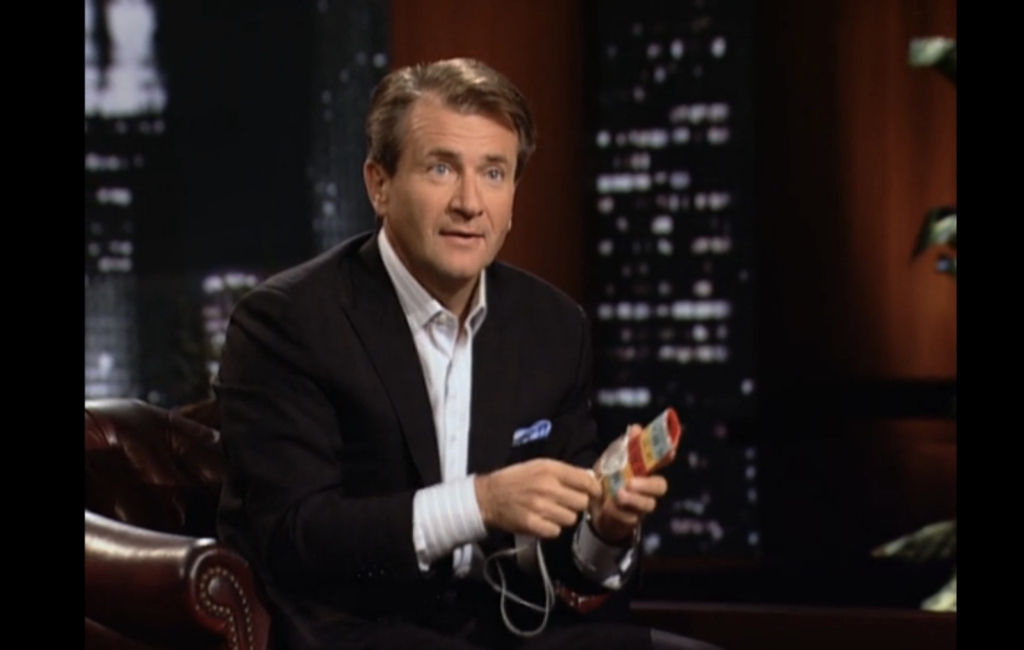
Despite positive feedback on the product’s design and functionality, none of the sharks were willing to invest in Mr. Poncho. Mark Cuban, Kevin O’Leary, Lori Greiner, Robert Herjavec, and Barbara Corcoran all opted out, citing various reasons such as the early stage of the business, uncertainty about manufacturing costs, and concerns about market competition. The sharks highlighted potential challenges such as the need for mass production, the absence of a patent, and the product’s similarity to existing solutions.

While they acknowledged the creativity and passion of the founders, they ultimately decided that the risks outweighed the potential returns. Sandy and Roman remained optimistic throughout the negotiation, expressing gratitude for the opportunity and indicating that the experience had provided valuable insights into their business. Despite not securing a deal, they left the tank with a renewed determination to explore other avenues for growth and to further refine their product and business strategy.







